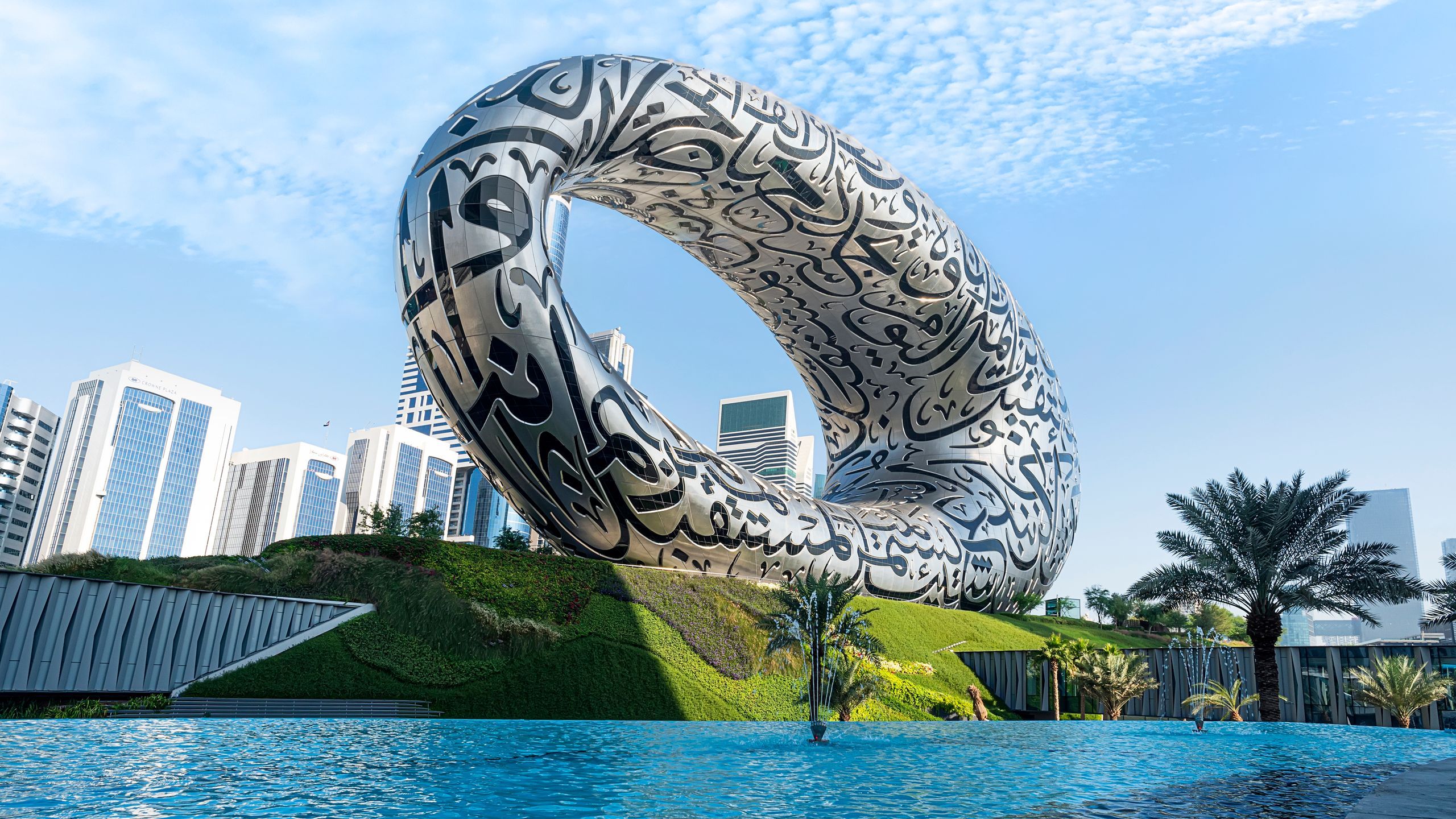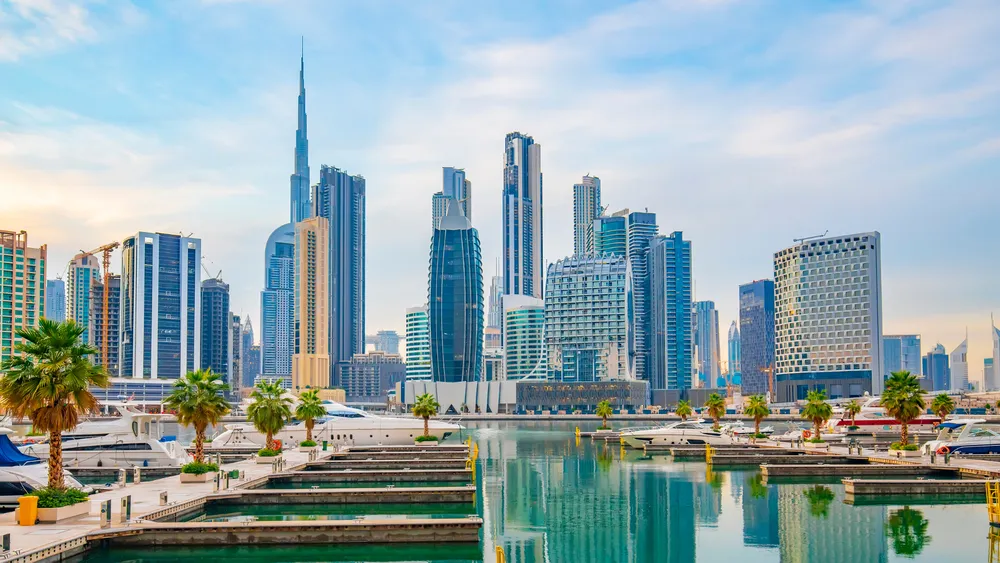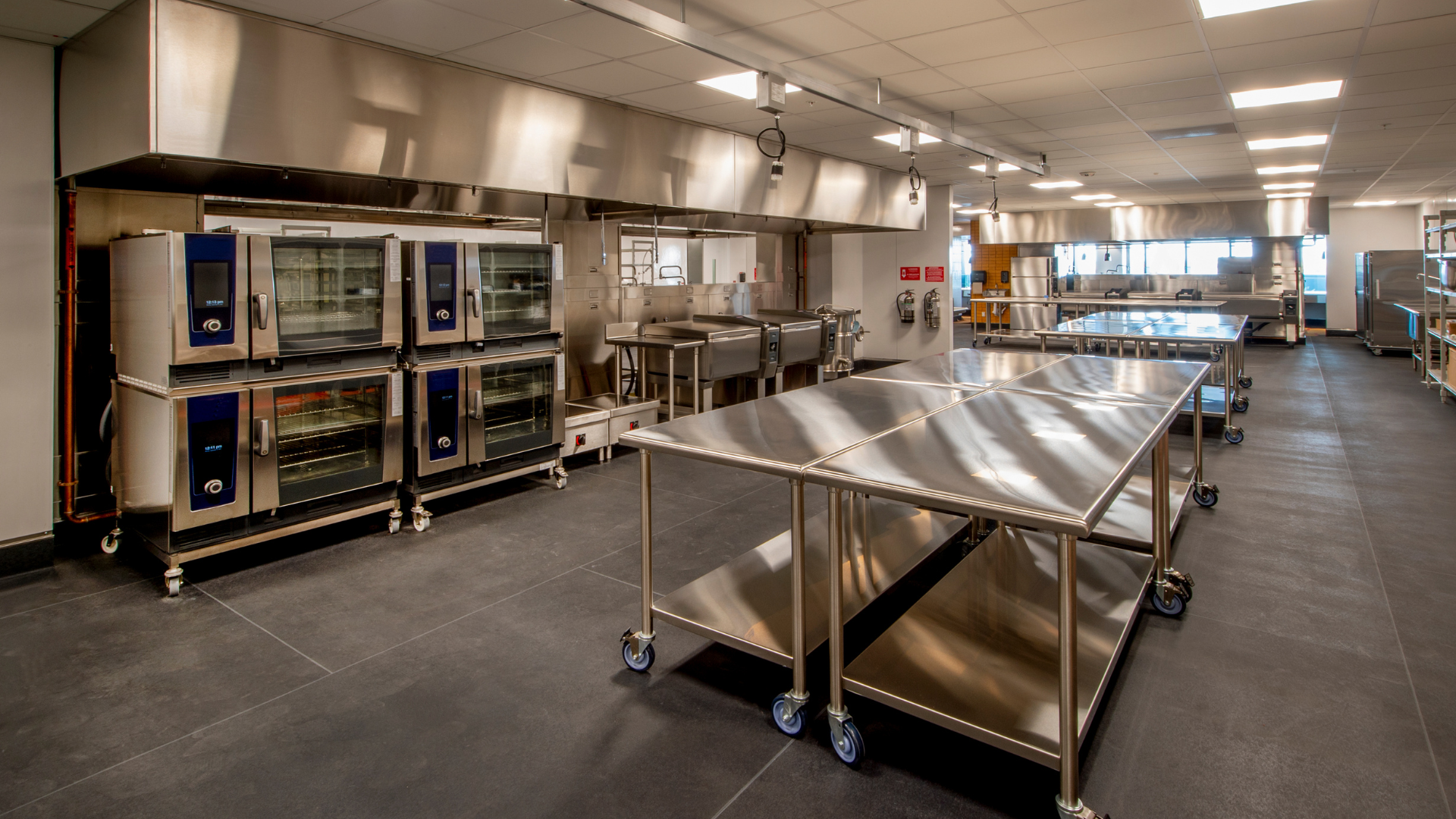Introduction
Dubai has always been one of the most attractive destinations for entrepreneurs and investors. Over the years, the city has established itself as a global hub for trade, finance, and innovation. A key factor in this growth is Dubai’s dual business model, which separates companies into Mainland and Free Zone entities. Mainland companies have direct access to the local market, while Free Zone companies enjoy 100 percent ownership, tax exemptions, and simplified registration procedures.
While this system provided benefits to both types of businesses, it also created limitations. Free Zone companies could not serve clients in the Dubai Mainland directly. If a Free Zone company wanted to provide services to a Mainland client, it had to either partner with a local distributor, form a Mainland branch, or establish a completely new Mainland company. These options were often costly, complex, and difficult for small businesses to manage.
In 2025, the Executive Council of Dubai issued Resolution No. 11 of 2025, changing the landscape for Free Zone businesses. For the first time, Free Zone companies are legally allowed to work with Mainland clients through approved legal channels. This development opens up new opportunities for entrepreneurs, consultants, IT firms, marketing agencies, and other service providers to expand their operations while maintaining the benefits of a Free Zone setup.
How Things Worked Before 2025
Before 2025, Free Zone companies were treated as independent jurisdictions. Each Free Zone had its own rules, licensing structure, and authority. Companies registered in Free Zones were free to conduct international trade and offer cross-border services. However, they faced restrictions when it came to Dubai’s local market.
If a Free Zone company wanted to work with a Mainland client, it had three options. The first option was to appoint a Mainland distributor or commercial agent who would act as an intermediary between the Free Zone company and the client. This often required sharing profits and control with a third party. The second option was to establish a separate Mainland company with a Department of Economy and Tourism (DET) license. This meant paying for a new license, office space, visas, and other overhead costs. The third option was to form a branch office in the Mainland, which also came with significant compliance and operational requirements.
For many small and medium-sized businesses, these solutions were impractical. They often resulted in high costs, administrative burdens, and legal complexity. As a result, Free Zone companies primarily focused on international clients and avoided Mainland projects, missing out on a significant portion of Dubai’s economy.

What Changed with Resolution No. 11 of 2025
Resolution No. 11 of 2025 fundamentally changes the rules. Free Zone companies can now legally conduct business with Mainland clients without forming a new Mainland company. This is achieved through three approved pathways:
Mainland Branch License
The Mainland Branch License allows a Free Zone company to establish a branch registered under DET. The branch is fully authorized to carry out approved business activities within the Mainland. This pathway is ideal for companies that intend to maintain ongoing relationships with Mainland clients and require a continuous presence.
Out-of-Free-Zone Branch License
The Out-of-Free-Zone Branch License is a hybrid option. It allows a Free Zone company to operate a branch outside its original Free Zone while still benefiting from Free Zone ownership and registration. DET approval is required, but this option provides flexibility for companies that occasionally need a Mainland presence without fully duplicating their operations.
Temporary Activity Permit
A Temporary Activity Permit allows a Free Zone company to conduct specific activities in the Mainland for a limited period. This option is suitable for projects, events, workshops, or consultancy assignments that last weeks or months. The permit provides legal cover without the need for long-term commitments.
Fees and Validity
The branch license costs around AED 10,000, while a temporary activity permit costs approximately AED 5,000. Branch licenses can be renewed annually, while temporary permits are time-bound. Companies must maintain separate accounting for Free Zone and Mainland operations to ensure compliance and proper reporting.
Why This Change Matters
The new resolution is a game-changer for Free Zone companies. For years, Free Zone entities have been seen as islands within Dubai’s economy. They offered freedom, tax efficiency, and access to international markets but were disconnected from the Mainland, which contains most of Dubai’s retail, construction, healthcare, corporate, and government-linked sectors.
By allowing Free Zone companies to legally serve Mainland clients, Dubai is effectively opening a vast market that was previously inaccessible. This reform benefits companies in many ways, including cost savings, trust-building with clients, workforce flexibility, and greater business opportunities.
Access to Dubai’s Largest Market
Mainland Dubai hosts the majority of local businesses, including multinational corporations, retail chains, and government institutions. Free Zone companies can now tap into this large pool of potential clients.
Cost Savings
Previously, serving Mainland clients required forming a new company, renting office space, obtaining visas, and paying licensing fees. Now, Free Zone companies can expand into Mainland using their existing entity, reducing overhead costs significantly.
Building Trust and Legitimacy
Mainland clients often hesitated to work with Free Zone companies because of legal restrictions. With Resolution No. 11, Free Zone companies can approach Mainland clients confidently, knowing their operations are legally recognized and regulated.
Workforce Flexibility
Employees registered under a Free Zone company can now work on Mainland projects without changing visas. This eliminates administrative complications and enables businesses to use their existing workforce efficiently.

Who Benefits the Most
While all Free Zone companies can benefit, certain sectors are particularly well-positioned to take advantage of the new law.
Professional Services Firms
IT consulting companies can now implement software projects for Mainland corporations directly. Management consultancies can advise businesses without forming a separate entity. Marketing agencies can run campaigns for local retailers and developers with legal certainty.
Training and Event Companies
Training companies and consultants can host workshops and events in Mainland Dubai using a temporary activity permit. Event organizers can conduct conferences and corporate activations without establishing a separate company.
Wellness and Fitness Professionals
Fitness trainers, wellness coaches, and related service providers registered in Free Zones can now deliver their services in Mainland facilities.
Construction and Design Firms
Fit-out consultants, subcontractors, and design firms can participate in Mainland projects without forming a new legal entity.
Small Business Owners and Indian Entrepreneurs
Entrepreneurs who choose Free Zones for 100 percent ownership can now access Dubai’s local market without incurring additional costs. This is particularly beneficial for Indian business owners who traditionally relied on Free Zones due to simplicity and ownership regulations.
Compliance Considerations
With these opportunities come responsibilities. Compliance is critical to operate legally and avoid penalties.
Approvals Needed
Businesses must secure DET approval and obtain a no-objection certificate from their Free Zone Authority.
Separate Bookkeeping
Mainland and Free Zone activities must be recorded separately to ensure transparency, proper auditing, and adherence to tax regulations.
Corporate Governance
Companies may be subject to inspections or audits by DET. Annual renewals of branch licenses or temporary permits must be maintained on time.
Regularisation Period
Companies already serving Mainland clients informally must regularize their status within one year. Failure to comply can result in fines, penalties, or suspension of licenses.
Practical Examples
To illustrate how the law works in practice, consider the following examples:
IT Consulting Firm
A Free Zone IT company lands a Mainland corporate client. It applies for a Mainland branch license through the Invest in Dubai portal and executes the project legally. Employees remain on Free Zone visas, simplifying staffing.
Training Company
A Free Zone training institute is invited to host a three-month workshop in Mainland Dubai. It applies for a temporary activity permit for AED 5,000 and completes the project within the permit’s duration.
Marketing Agency
A Free Zone marketing agency is hired by a Mainland retailer. It establishes an out-of-Free-Zone branch to manage the campaign. The arrangement is fully compliant and builds client confidence.

Next Steps for Free Zone Companies
Entrepreneurs and business owners should act now to benefit from this new law. First, review your Free Zone license to confirm that your business activities are included in DET’s approved list. Second, choose the right pathway depending on the type of Mainland work you plan to undertake. For short-term projects, a temporary activity permit is appropriate. For ongoing operations, a Mainland branch license is the best option. For occasional presence, an out-of-Free-Zone branch license provides flexibility.
Leverage your existing Free Zone workforce to deliver Mainland projects without incurring the cost of duplicate visas. Finally, seek professional advice to navigate approvals and maintain compliance with DET regulations.
Conclusion
Resolution No. 11 of 2025 marks a historic turning point for Free Zone companies in Dubai. For the first time, these businesses can legally access Mainland clients without giving up the benefits of Free Zone ownership. This reform opens the door to new markets, reduces costs, and builds trust with clients. Service providers, IT firms, marketing agencies, trainers, event companies, and small business owners now have the tools to expand their reach in one of the world’s most dynamic economies.
Free Zone companies can now enjoy the best of both worlds: international access, tax efficiency, 100 percent ownership, and legal access to Dubai’s largest customer base. The opportunity for growth has never been clearer.
For business owners looking for expert guidance, GenZone offers advisory support to navigate these changes. From checking activity eligibility and applying through the Invest in Dubai portal to maintaining compliance and bookkeeping, GenZone helps Free Zone companies take full advantage of Resolution No. 11 of 2025. Their team ensures that businesses can expand into the Mainland efficiently and legally, allowing entrepreneurs to focus on growth and client delivery.









